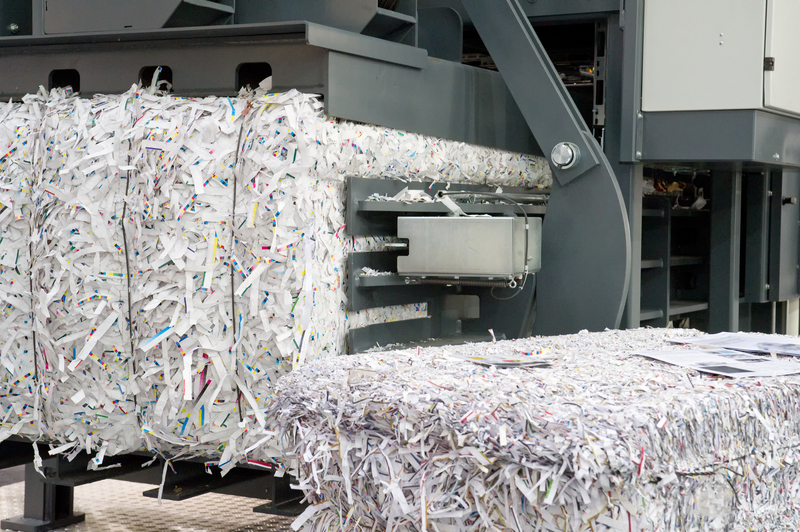Artificial Intelligence for Sustainable Manufacturing
Posted on 29/12/2023

Artificial Intelligence (AI) has been referred to as the ultimate tool for solving environmental problems. Companies are increasingly looking to AI to help them reduce their carbon footprint, reduce waste and increase sustainability in the manufacturing process. As the technology progresses, it is becoming increasingly clear that AI has enormous potential to be used for sustainable manufacturing.
AI can provide valuable insights into how to improve existing processes and find opportunities for more efficient production. By leveraging data from factory lines, machines and personnel, AI can identify areas of waste and weak points in the production cycle and develop strategies to correct them quickly and efficiently. By doing this, factories can become more sustainable and commercial activities can become more efficient.
One way AI is being used in sustainable manufacturing is predictive maintenance. Predictive maintenance uses AI algorithms to predict when machines will need maintenance or repairs before they actually break down. This helps reduce downtime on production lines by avoiding unplanned failures of machinery which reduce efficiency and waste resources. By predicting failure before it happens, businesses can focus their attention on areas that need more maintenance and fix issues before they occur.
Another benefit of using artificial intelligence in sustainable manufacturing is its ability to automate repetitive tasks while also optimizing how tasks are done in order minimize energy consumption or resource wastage. With the help of machine learning algorithms, manufacturers can monitor their production process to quickly detect any abnormalities that could lead to wastage of resources. For instance, if an item needs testing but the process has not been monitored closely enough then AI enabled solutions could automatically trigger regular audits and tests on these items in order to ensure quality control without expending any extra resources or energy.
AI is also helping manufacturers optimize their supply chain operations by allowing them to accurately predict demand and therefore manage inventory levels more efficiently. This helps prevent overstocking or understocking, reducing operational costs while still meeting customer needs in a timely manner. In addition, AI can be used for route optimization which reduces transport time and fuel emission during delivery of goods thus making companies more environmentally friendly.
Finally, AI enables companies to create new product designs or optimize existing ones with fewer resources and less time through 3D printing technologies such as additive manufacturing (AM). AM gives companies the ability to create optimized designs with varying specifications that adhere strictly to their sustainability goals while eliminating any unnecessary material or energy usage during the production process.
Overall, Artificial Intelligence offers a variety of opportunities for sustainable manufacturing with its capabilities such as predictive maintenance, automation of repetitive tasks, streamlining of supply chain operations and efficient product design & optimization through 3D printing technologies like additive manufacturing (AM). With these kinds of advantages, it is clear why companies are increasingly turning towards artificial intelligence as a key factor for becoming more sustainable in their operations.


